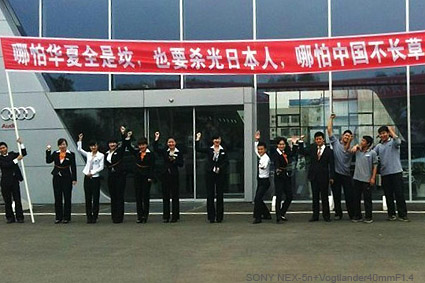R R R
To help bloggers everywhere celebrate Talk Like a Pirate Day, in keeping with our annual tradition, we present once again the Corsair Ergonomic Keyboard for Pirates:
In TLAPD posts from earlier years, you can find instructions for the more difficult task of talking (as opposed to typing) like a pirate; the history of piratical r-fulness; and other goodies: 2003, 2004, 2005, 2006, 2007, 2008, … and then we kind of lost the thread.
There's actually some serious historical linguistics (and cultural history) involved here, as discussed in "R!?", 9/19/2005, and "Pirate R as in I-R-ELAND", 9/20/2006. And some pop culture ("Said the Pirate King, 'Aaarrrf'", 9/27/2010), and even a bit of mathematical linguistics.



